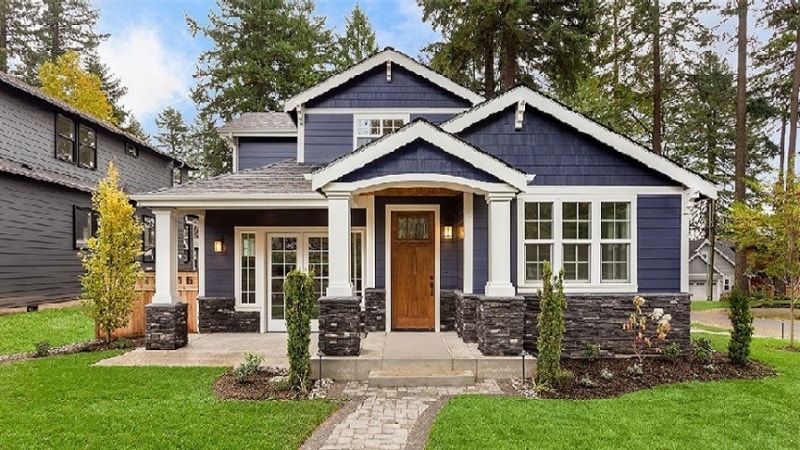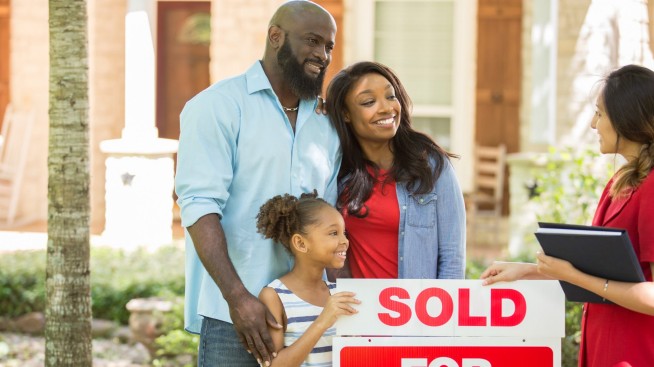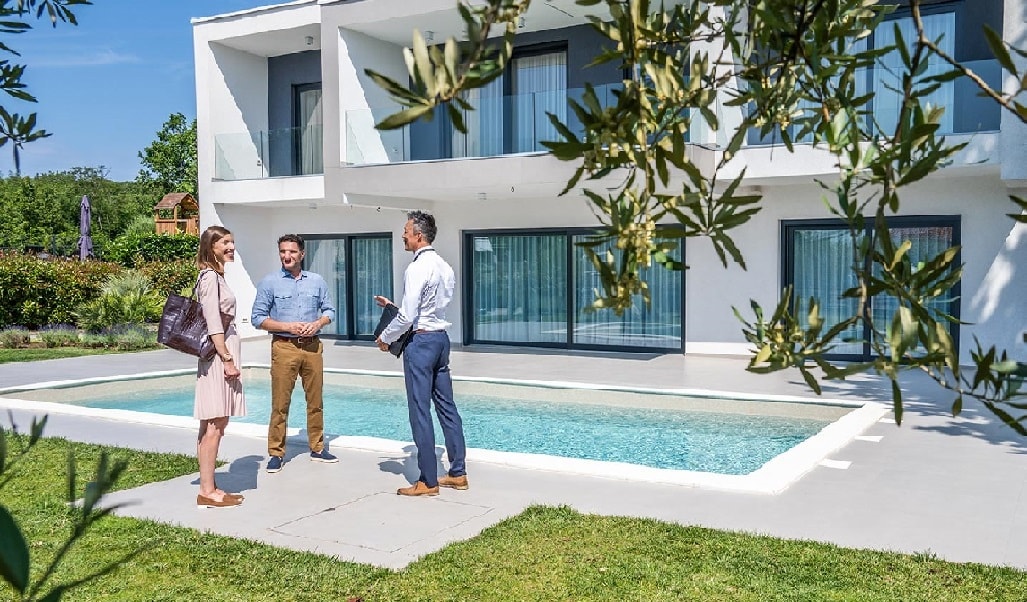What is an open house?

Quick insights
- Open houses are events that showcase a property to potential buyers, offering exposure and creating interest in the home.
- For sellers, an open house can have advantages like attracting a wide audience and providing feedback, but also drawbacks such as security risks and attracting unqualified visitors.
- Proper preparation, including cleaning, staging, securing valuables and marketing, is essential for a successful open house.
An open house is a classic tool for attracting potential buyers and showing a property, perhaps in its best light. They provide a chance to create excitement and draw in serious buyers or casual browsers alike. However, an open house also comes with potential downsides that sellers should weigh before putting one on.
To determine if an open house is the right strategy and learn how to prepare effectively, explore the insights offered in this article.
What is an open house?
An open house is a scheduled event when a property for sale is made available for public viewing, The real estate agent or seller often hosts. The purpose is to attract potential buyers by showcasing the home’s features in a welcoming and low-pressure atmosphere. Open houses are typically accessible to anyone interested, without the need for a prior appointment. They are often scheduled on weekends, especially Sundays, to maximize visibility and interest.
Can you just show up at an open house?
Yes, most times you can show up to an open house during the posted time. However, sometimes there are appointment-only open houses. This is a property showing that requires interested buyers to schedule a specific time to view the home. The appointment format allows for more personalized and private tours, often giving buyers the opportunity to ask detailed questions.
An open house by appointment may be used for high-demand properties, luxury homes or when the seller prefers controlled access for privacy or security reasons.
What is a broker open house?
A broker open house is a private event hosted by a real estate agent or seller specifically for other real estate professionals. The goal is to display the property to brokers and agents who may have clients interested in purchasing it. Unlike public open houses, broker open houses are typically held on weekdays. They can help real estate agents to network, provide feedback and gain a firsthand look at the property to better market it to potential buyers.
How do open houses work?
Open houses work by providing an opportunity for potential buyers to view a property for sale in a casual, drop-in format. Here’s how they typically function:
- Scheduling and preparation: The seller and their real estate agent select a date and time to host the open house (often on weekends). The property is cleaned, staged and prepped to look its best.
- Marketing: The open house is advertised through online listings, social media, signage and sometimes local newspapers to attract potential buyers.
- Viewing: During the open house, interested buyers can tour the property at their own pace without an appointment. The listing agent is generally present to answer questions, highlight key features and provide details about the home.
- Feedback collection: Visitors may be asked to sign in or share feedback, which helps the seller understand buyer impressions and interest levels.
- Next steps: Interested buyers may follow up with the agent to schedule private showings, make an offer or request more information about the property.
How to prepare for an open house
Preparing for an open house is key to making a great first impression and attracting buyers.
- Clean and declutter: Deep clean the entire home including windows, carpets and appliances. Remove personal items and unnecessary clutter to create a spacious environment.
- Stage the space: Arrange furniture to emphasize functionality and flow, use neutral decor to appeal to a broad audience and add touches like fresh flowers or pleasant scents.
- Make repairs and touch-ups: Address minor repairs such as squeaky doors, chipped paint or leaky faucets. Enhance curb appeal with fresh landscaping, clean walkways and a welcoming front entrance.
- Organize documentation: Prepare key documents like recent utility bills, HOA information, property disclosures and warranty details for appliances or systems in case prospective buyers have questions.
- Secure valuables: Remove or lock up personal valuables, financial documents and any small items that could be easily taken.
- Enhance security: Ensure doors and windows are secure. Consider limiting access to certain areas if necessary or desired. Use a sign-in sheet to track attendees and collect contact information.
- Promote the open house: Advertise through online listings, social media, neighborhood flyers and local real estate platforms to maximize attendance.
- Vacate during the event: Plan to leave the property during the open house to allow buyers to view the home comfortably and without distractions.
Pros and cons of open houses
Holding an open house can be a useful strategy for selling a home but comes with both advantages and drawbacks.
Pros
- Increases exposure: Attracts a wide range of potential buyers, including those who may not have scheduled a private showing.
- Creates a buzz: Generates interest and a sense of urgency, especially if multiple buyers view the property at once.
- Convenient for sellers: Allows multiple prospective buyers to view the property in a single event.
- Feedback opportunity: Provides insights from visitors about the home’s appeal, pricing and areas for improvement.
Cons
- Attracts unqualified visitors: Not all attendees may be serious buyers; some may just be browsing out of curiosity.
- Security risks: Open access increases the potential for theft or damage if precautions aren’t taken.
- Limited impact on sales: Many homes sell through private showings, so open houses may not directly lead to offers.
- Disruption: An open house requires preparation, and the seller has to vacate during the event.
In summary
Open houses can be valuable networking opportunities, allowing sellers to showcase their property to potential buyers and real estate professionals. An open house may not always generate an influx of offers, the tool can be a strategy for generating interest and gathering feedback. By understanding the pros and cons, sellers can make informed decisions about incorporating open houses into their marketing plan for a successful home sale.



